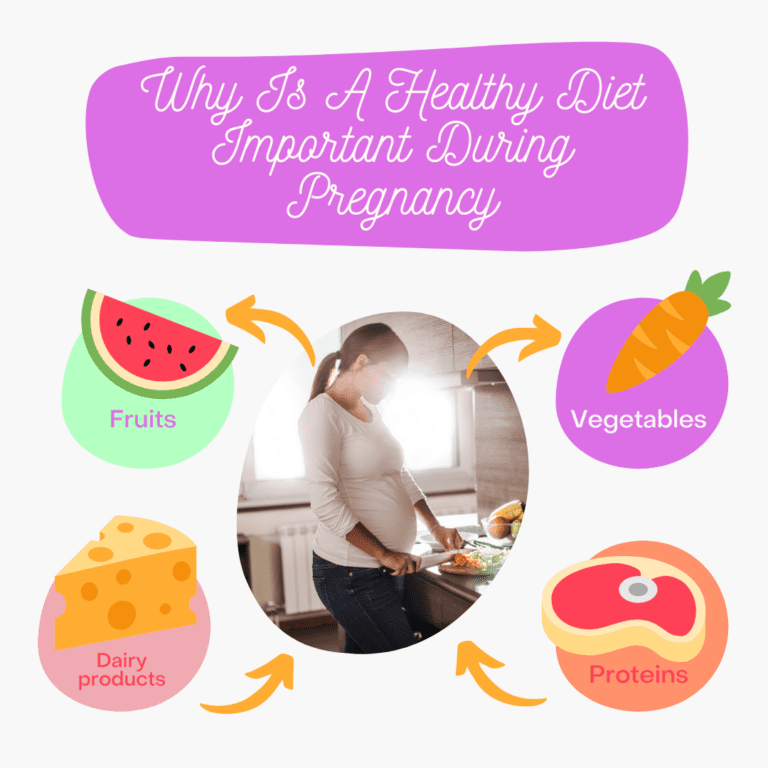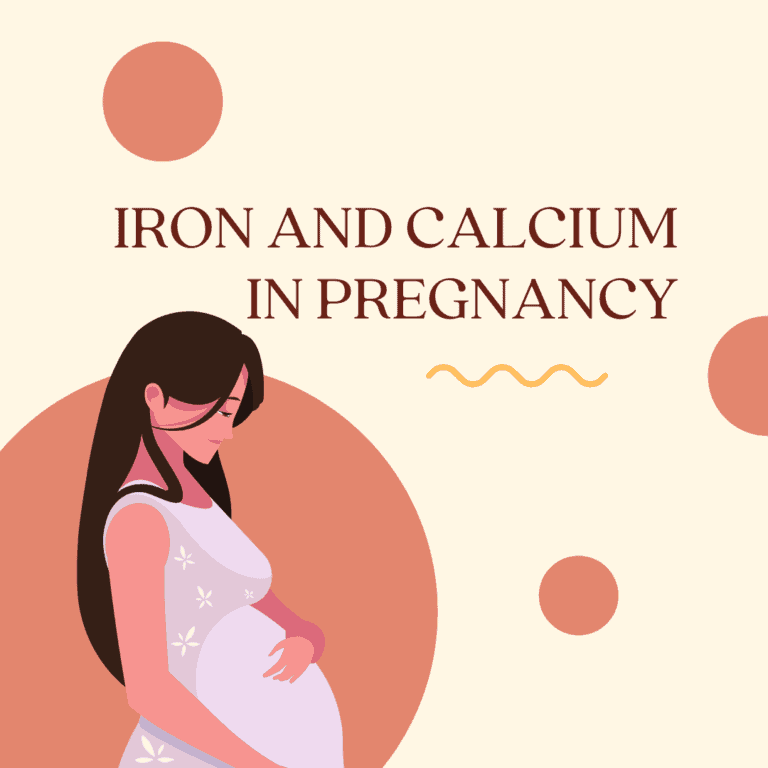You most likely have a few queries concerning prenatal vitamins, such as: What vitamins do you need to take when you’re pregnant? And, if so when to start taking prenatal vitamins, as well as which ones? Is there a chance of experiencing adverse effects?
Always consult with your gynecologist before taking pregnant vitamins to ensure that the vitamins are appropriate for your needs and circumstances.
We’d like to address some of the most often asked questions about this subject in the following section:
What are pregnancy vitamins?
As your pregnancy progresses, so does your body’s requirement for the vitamins and minerals it requires. It may be required to take pregnancy vitamins as a result of this.
When comparing normal vitamin supplements for adults with specific vitamin pills for pregnant women, there are several major distinctions to consider. Preparations for expecting moms, for example, contain higher levels of folic acid and iron. The importance of these components has increased for you in recent months. Furthermore, more omega-3 fatty acids can be found in pregnancy vitamins, as can an increased amount of calcium and vitamin D, which is frequently the case.
Is Taking Pregnancy Vitamins Necessary?
Even if a healthy and balanced diet should now be a matter of course for you, the use of additional vitamins during pregnancy often makes sense.
During pregnancy, for example, your body has a greater demand for folic acid and iron than normal. It might be challenging to meet all of your nutritional needs with only the appropriate foods. Folic acid should be taken at all times, preferably even before a planned pregnancy, to prevent neural tube defects. By taking pregnant vitamins, you may make up for any deficiencies in your vitamin intake. Despite all of this, a well-balanced diet high in vitamins continues to be a fundamental prerequisite for a successful pregnancy.
Which pregnancy vitamins are necessary?
Pregnancy vitamins are readily accessible at any pharmacy or drugstore. However, you are welcome to seek counsel from your doctor on this matter as well. Only he or she will be able to inform you exactly which vitamins are required during your pregnancy.
Most products contain the following:
- Folic acid lowers the likelihood of neural tube abnormalities, such as a “open spine,” in the developing child (spina bifida). The intake of folic acid is always suggested, regardless of whether or not other pregnancy vitamins are used, because the extra requirement cannot usually be met by diet alone. It is preferable if you begin taking it before you find out you are expecting a child. Citrus fruits, green vegetables, lentils, and tomatoes are all high in folic acid, as are other fruits and vegetables.
- Iodine is necessary for the proper functioning of your child’s thyroid. Tablet computers are frequently required. Always consult with your doctor before taking any action. Especially if you are suffering from thyroid trouble yourself, this is truer than ever. This may lead to the development of more suggestions. Iodine may be found in a variety of foods, including iodized table salt, milk and milk products, and marine seafood.
- Vitamin D : During pregnancy, it is fairly unusual to have a vitamin D shortage. It is critical for your baby’s bone mineralization, among other things, to ensure that he or she receives an adequate vitamin D supply. A significant amount of vitamin D may be found in saltwater fish. In addition, vitamin D is produced when the skin is exposed to sunshine, thus it is beneficial to spend as much time as possible outside on a daily basis.
- Calcium is necessary for the development of strong bones and teeth in your little darling’s growing body. Milk and dairy products (for example, yoghurt and cheese) as well as broccoli, kale, and almonds are the most abundant sources of calcium in the diet.
- Iron aids in the growth and development of your unborn child while still in the womb. It also protects you from anemia, which is also known as iron deficiency anemia. Insufficient red blood cells, which are responsible for delivering oxygen throughout the body, have been found. During pregnancy, blood levels of hemoglobin are monitored on a regular basis. As a result, an iron deficit can be recognized at a very early stage. Meat, seafood, whole grains, legumes, and dark-colored vegetables are examples of iron-rich diets. Foods high in vitamin C (such as oranges) can help the body absorb iron more effectively.
Read here about the crucial role Iron and Calcium in Pregnancy .
Many pregnancy vitamins also have the following ingredients:
- vitamin C
- Vitamin A
- vitamin E
- Zinc
- Iodine
- Copper
DHA or other omega-3 fatty acids are recommended. This is especially true if you are not a fan of seafood.
If you are a vegetarian or vegan, you should consult with your doctor before making any dietary changes. In particular for vegans, it is frequently necessary to supplement with vitamins and trace minerals. It is also advisable to talk with your gynecologist before using dietary supplements on a regular basis in other areas of health.
When to start taking prenatal vitamins and how long should pregnancy vitamins be taken?
Even before becoming pregnant, it is recommended that you consume folic acid. It is during the first month of your pregnancy when your baby’s brain and neural tube (which will later develop into the spine) are formed. It is possible that you are not even aware that you are pregnant at this time.
In general, it is quite vital to consume nutritious foods that are high in vitamins. If you have difficulty maintaining a healthy diet, it is recommended that you take particular vitamins for pregnant women during your whole pregnancy. Your doctor may even recommend that you continue taking it after the birth of your child. Additionally, taking additional vitamins might be beneficial, especially if you are nursing your child.
Are There Any Side Effects From Pregnancy Vitamins?
Many pregnant women become extremely sensitive to specific tastes and odors during the first few weeks of their pregnancy. As a result, some women report feeling a bit queasy after using pregnancy supplements. The risk of this occurring can be minimized by taking the vitamins with a small snack or by taking the tablets just before night.
Occasionally, iron can cause constipation . Prevent by:
- You’re getting adequate fluids in your system.
- Eat a diet that is high in fiber.
- take part in sports (as long as your condition allows).
If none of these measures result in a significant improvement, speak with your gynecologist about further options. It may also be beneficial to switch to a different product or to take vitamins such as folic acid, iron, calcium, and vitamin D separately rather than as part of a combination supplement.
It is critical for your health and the health of your little darling that you feed the body with all of the necessary nutrients. A well-balanced and nutritious diet should now take precedence in your life in order to provide your sweetheart with a successful start in life. Pregnancy vitamins can only play a supportive role in this situation.


